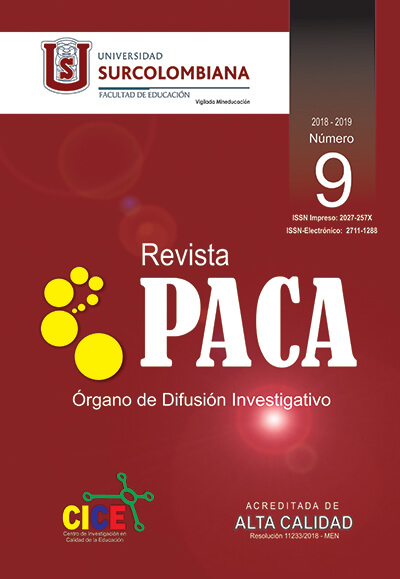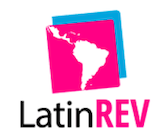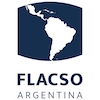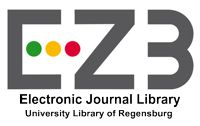Cultural relevance of own education as a guarantor of the cultural pervivence of the people Nam Misak
##plugins.themes.bootstrap3.article.main##
This article is based on the results of the Master's thesis called Cultural Relevance of Misak PEM educational planning implemented at the Berlin Headquarters of the Namui Nu Mai Educational Center Nam Misak Municipality of La Argentina, Huila. It has as main objective to evaluate from the perspective of cultural relevance the Educational Planning Misak "PEM" structured in knowledge building spiral. When examining the congruence of Misak Educational Planning in all its elements that integrate it (vision, curricula, material methods, contents, assessments, teaching practices) and the culture of the Misak community, it was found that there is an assessment of the different cultural expressions of the Misak as their worldview, language, forms of authority, productive practices, beliefs and in general, ways of living and relating, as a guarantee of the survival in time of the Misak culture. Although some difficulties were found in the implementation of own education, due in large part to the influence of the western culture in both, rural and urban surroundings, as well as to the greater appreciation that parents have of the standardized educational model of the major part of the society, which leads them to underestimate aspects of the indigenous education model itself, as a consequence of the power of coloniality exercised in our subalternized societies, but mainly in indigenous peoples.
Downloads
##plugins.themes.bootstrap3.article.details##
Bolaños, G., & Tattay, L. (2012). Una realidad de resistencia educativa y cultural de los pueblos. Revista Educación y ciudad. Instituto para la Investigación Educativa y el Desarrollo Pedagógico IDEP. Bogotá.
González, M. (2012). La educación propia: Entre legados católicos y reivindicaciones étnicas, Revista Pedagogía y Saberes, 36. Universidad Pedagógica Nacional. Bogotá.
Freire, P. (1986). Hacia una pedagogía de la pregunta. Buenos Aires: La Aurora.
Hevia, R., Hirmas, C., & Peñafiel, R. (2004). Pertinencia cultural para el cambio educativo. UNESCO, Santiago de Chile. Recuperado de http://tarea.org.pe/images/Tarea53_32_R_Hevia_C_Hirmas_S_Peafiel.pdf
Muelas, B. (2004). Documento Pi Urek, 7, 8.
Peralta E., M. V. (2002). Pertinencia cultural de los currículos de educación inicial en los desafíos del Siglo XXI. Chile: Universidad Central, Instituto Internacional de Educación Infantil.
Pérez, M. E. (2012). Pertinencia cultural en los proyectos escolares. Chiapas, México.
Rojas, A., & Catillo, E. (s.f.). Educar a los otros: Estado, políticas educativas y diferencia cultural en Colombia.
































